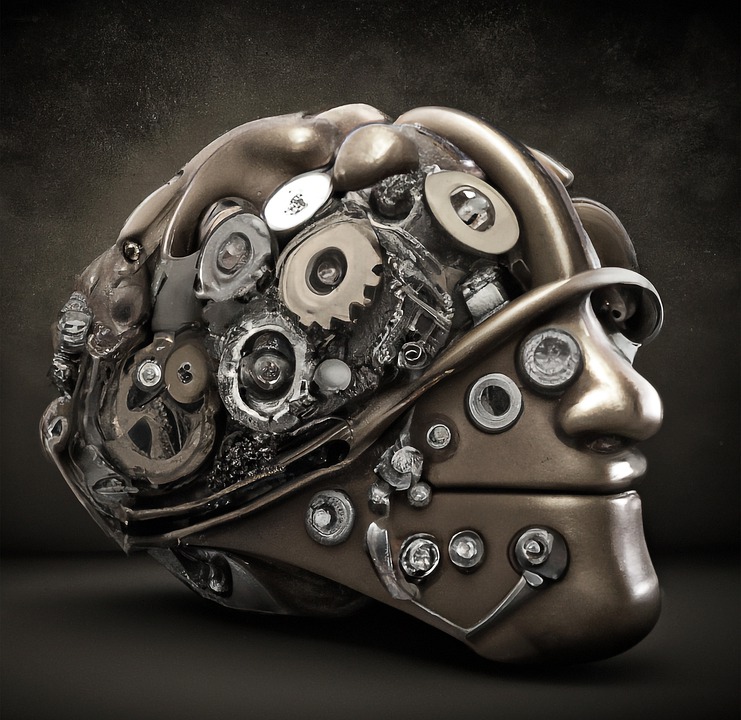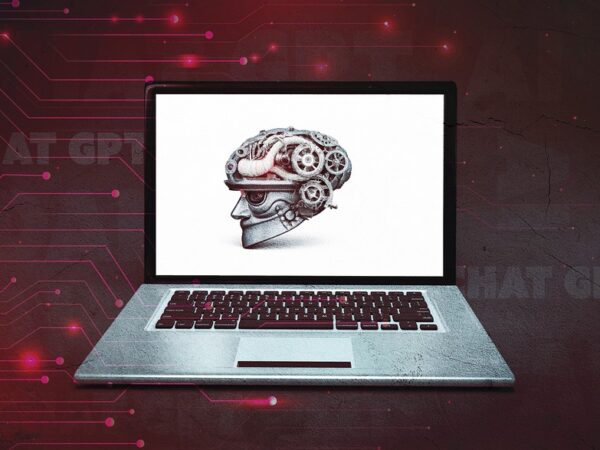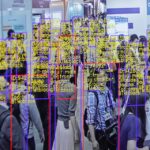
[ad_1]
Quantum Machine Learning is a cutting-edge technology that combines the power of quantum computing with the capabilities of machine learning to revolutionize artificial intelligence. By breaking boundaries in traditional computing, quantum machine learning is paving the way for new and innovative solutions to complex problems.
Table of Contents
- Introduction
- What is Quantum Machine Learning?
- Benefits of Quantum Machine Learning
- Applications of Quantum Machine Learning
- The Future of Quantum Machine Learning
- FAQs
Introduction
Artificial Intelligence (AI) has made significant strides in recent years, with machine learning algorithms powering everything from virtual assistants to autonomous vehicles. However, the limitations of traditional computing have hindered the progress of AI in solving complex problems. Quantum Machine Learning (QML) seeks to overcome these limitations by harnessing the power of quantum computing to enhance the capabilities of machine learning algorithms.
What is Quantum Machine Learning?
Quantum Machine Learning is the integration of quantum computing principles with machine learning algorithms to create more powerful and efficient AI systems. Quantum computing utilizes quantum bits, or qubits, which can exist in multiple states simultaneously, allowing for exponential processing power compared to classical computing. By leveraging this quantum parallelism, QML algorithms can process vast amounts of data and perform complex computations at speeds that were previously thought impossible.
Benefits of Quantum Machine Learning
There are several key benefits to using Quantum Machine Learning in AI applications:
1. Increased Processing Power
Quantum computers can process data at speeds that far surpass traditional computers, enabling QML algorithms to handle complex calculations and analyses with ease.
2. Enhanced Data Analysis
QML algorithms can efficiently analyze large datasets and extract valuable insights that may be hidden in the noise, leading to more accurate predictions and decisions.
3. Improved Optimization
Quantum optimization techniques can be used to fine-tune machine learning models and improve their performance, leading to more efficient AI systems.
Applications of Quantum Machine Learning
The potential applications of Quantum Machine Learning are vast and diverse, including:
1. Drug Discovery
QML algorithms can help researchers identify new drug candidates and predict their efficacy with greater accuracy, speeding up the drug discovery process.
2. Financial Modeling
Quantum machine learning can be used to analyze financial data and optimize investment strategies, leading to more profitable outcomes for investors.
3. Climate Modeling
QML algorithms can simulate complex climate models and predict future climate trends with greater precision, helping policymakers make informed decisions to combat climate change.
The Future of Quantum Machine Learning
As Quantum Machine Learning continues to evolve, we can expect to see even more groundbreaking advancements in artificial intelligence. From personalized medicine to autonomous vehicles, QML has the potential to revolutionize how we approach complex problems and drive innovation in various industries.
FAQs
1. What is Quantum Machine Learning?
Quantum Machine Learning is the integration of quantum computing principles with machine learning algorithms to create more powerful and efficient AI systems.
2. How does Quantum Machine Learning differ from traditional machine learning?
Quantum Machine Learning leverages the unique properties of quantum computing, such as superposition and entanglement, to perform computations at speeds that surpass traditional computers.
3. What are some potential applications of Quantum Machine Learning?
Some potential applications of QML include drug discovery, financial modeling, climate modeling, and more.
[ad_2]




















